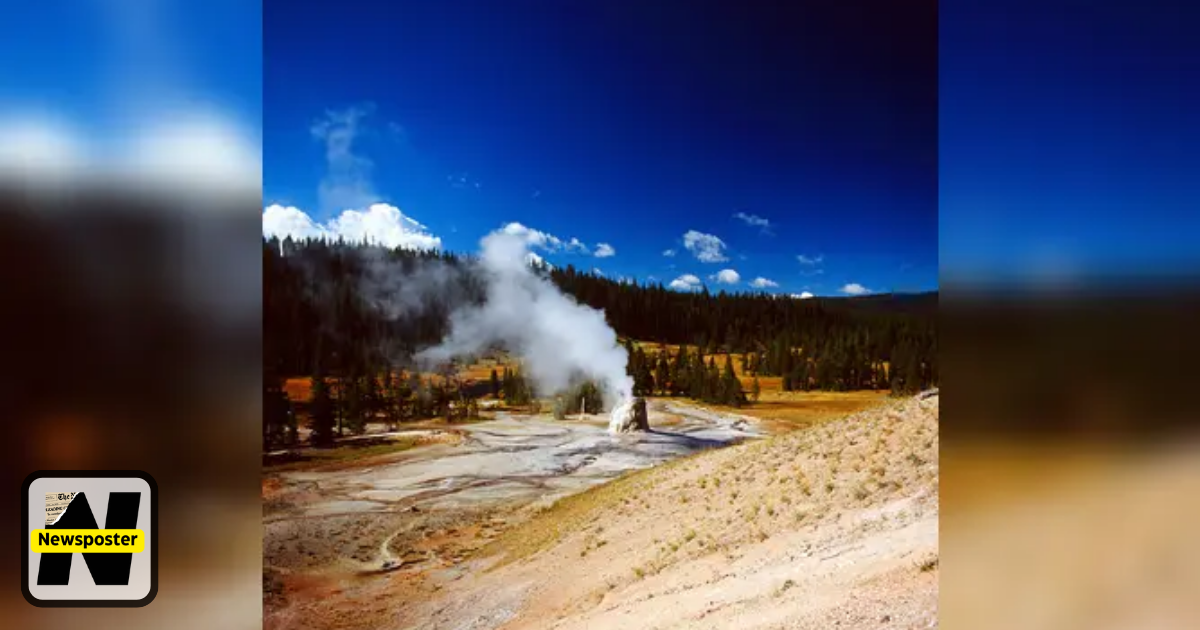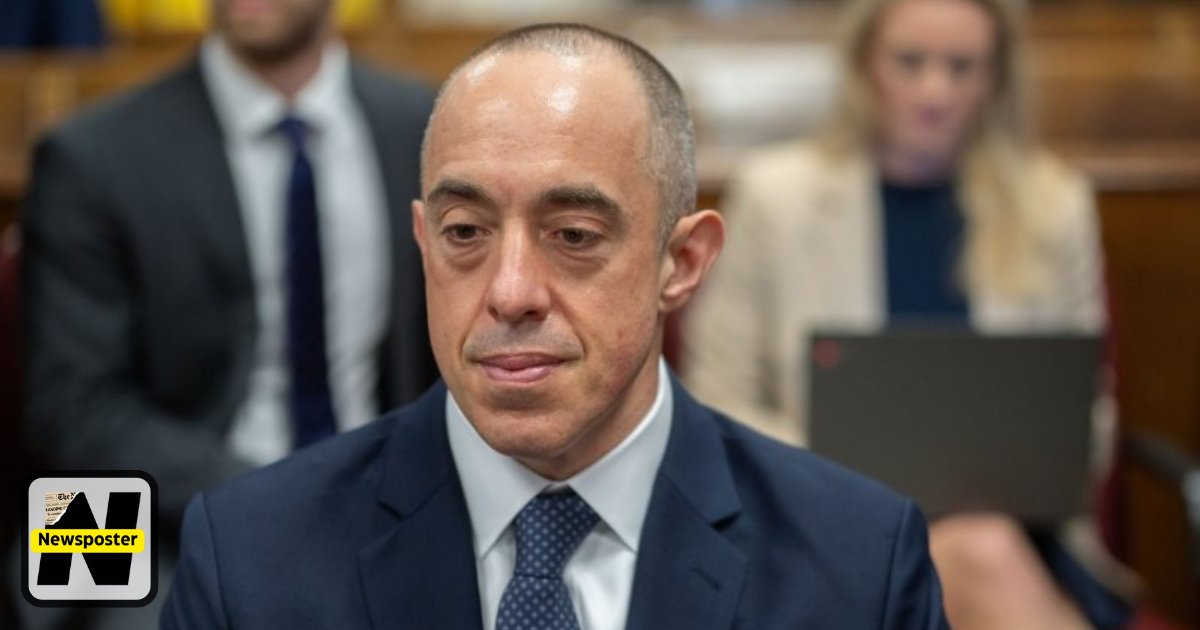A second whistleblower has come forward in connection with Emil Bove’s nomination to a lifetime appellate court judgeship, accusing him of instructing attorneys to provide false information and defy court orders. Bove, previously part of President Donald Trump’s criminal defense team and currently the Principal Associate Deputy Attorney General, was nominated by Trump for the Third Circuit Court of Appeals in Philadelphia.
The whistleblower, a career Department of Justice attorney represented by Whistleblower Aid, a nonprofit that supports those exposing wrongdoing, provided evidence to the DOJ’s Office of the Inspector General supporting earlier claims that Bove and other senior DOJ officials deliberately undermined the rule of law. Whistleblower Aid’s Chief Legal Counsel, Andrew Bakaj, condemned the actions, stating that federal prosecutors appointed by the Trump administration have compromised constitutional rights by presenting questionable or false evidence. He emphasized that loyalty to one individual, specifically Trump, should never outweigh the fundamental rights of Americans.
The DOJ defended Bove, with spokesperson Gates McGavick praising his work in protecting civil rights and fighting terrorism, describing him as a highly qualified nominee whose departure will benefit the Third Circuit. Bove denied the allegations during his Senate confirmation hearing, stating he never advised DOJ attorneys to violate court orders and asserted his qualifications remain unquestioned.
Bove gained attention as Trump’s personal attorney in federal criminal cases, which were dismissed post-election, and in Trump’s New York hush-money case, where Bove was found guilty of all 34 charges. The first whistleblower, Erez Reuveni, alleged Bove directed the Trump administration to disregard a court order related to migrant flights to a Salvadoran prison, using explicit language. Bove denied recalling such language during congressional questioning.
Reuveni, who disclosed a wrongful deportation, was fired from his DOJ position after 15 years. Despite the controversy, the Senate gave preliminary approval to Bove’s nomination. Senator Chuck Grassley defended the nominee, arguing that aggressive legal advocacy—even if controversial—is part of lawyers’ duties, and does not constitute misconduct.











